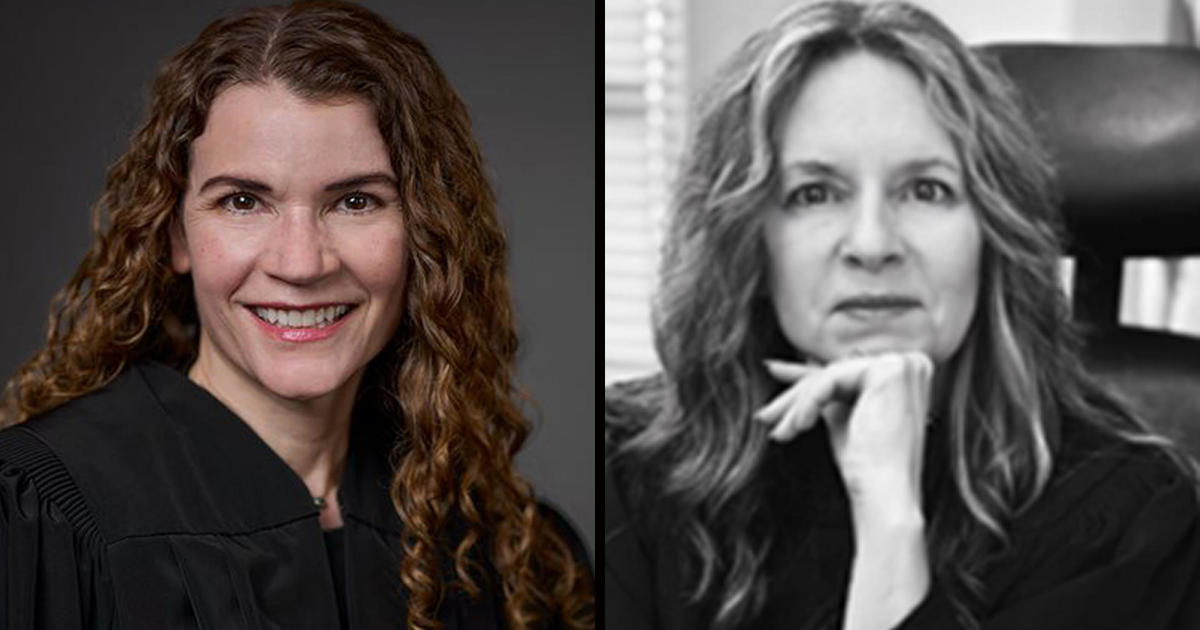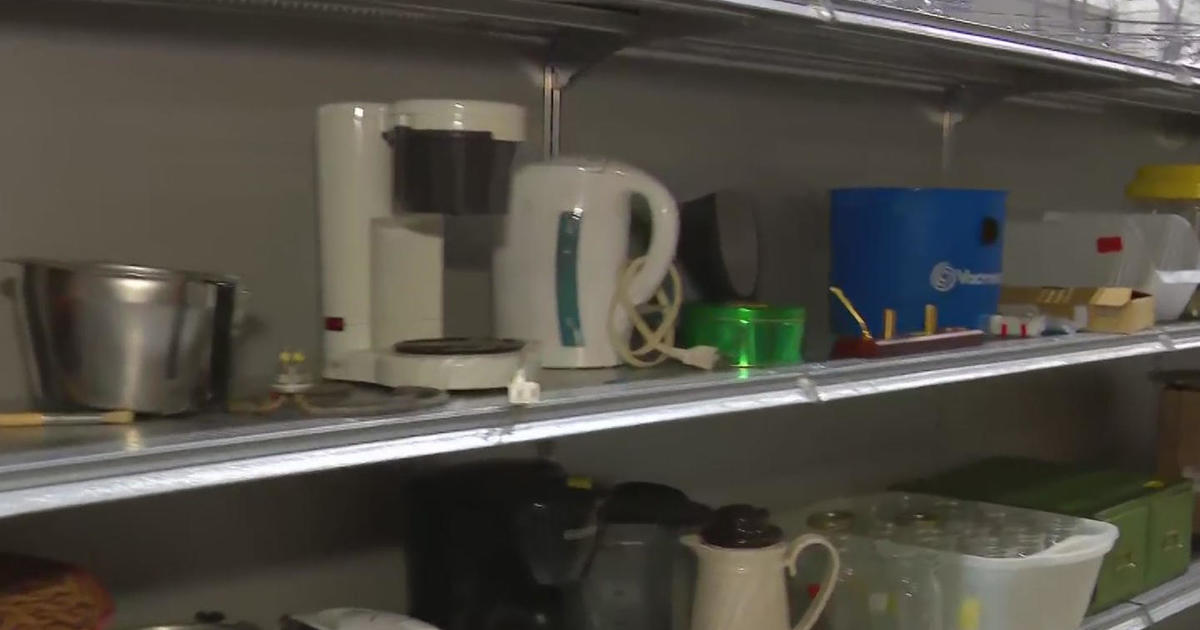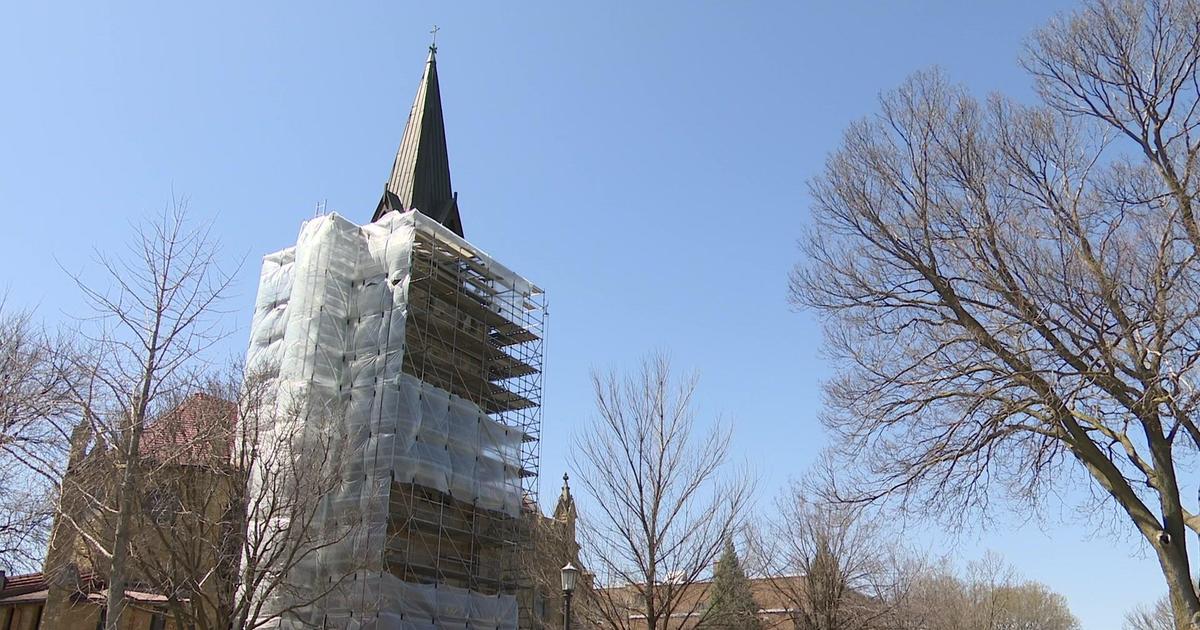Minn. Legislature Struggles To Find Session's End
ST. PAUL, Minn. (AP) — The Minnesota Legislature will stick around into May to try to reach agreement on tax breaks, state-financed construction projects and a Minnesota Vikings stadium plan.
Lawmakers conceded on Monday that they would not be able to meet a self-imposed deadline to adjourn by the end of April. They have the authority to meet for a few more weeks, but were hoping to wrap up early in an election year when all 201 seats are on the line.
Democratic Gov. Mark Dayton, who isn't on the ballot this year, is pressing hard for deals, none more so than a proposed $975 million Vikings football stadium that would be built in Minneapolis.
Republicans who run the House and Senate said legislation giving tax breaks to businesses, homeowners and others was more critical to them. The sides met for a couple of hours Monday afternoon and agreed to reconvene later on. Floor sessions in both chambers that had been expected to go well past midnight adjourned in late afternoon, with plans to return Tuesday.
"I've encouraged them to stay as long as they need to," Dayton said of pushing past Monday.
Sen. Julie Rosen, a leading lawmaker on the Vikings stadium bill, said the bill had to wait as talks continued on the tax proposal and a separate bill to finance other construction projects around the state.
"You can't move one too far ahead of the other," Rosen said. "I would have preferred the stadium not be part of the deal but that's how leadership has taken that direction. I would have liked just a clean up-and-down vote, take it to the floor and leave all the politics out of it."
House Speaker Kurt Zellers said the session "cannot be a one-issue session."
"The bonding bill and the tax bill are our number one priorities and the governor's number one priority is the stadium," Zellers said. "If we can come to an agreement on all of them at the same time they can all come up."
Senate Majority Leader David Senjem said Republicans would firmly defend their tax bill in end-of-session negotiations.
"This tax bill is a great, great big deal for Senate Republicans," Senjem said. "This is huge. We're going to stand pretty strong in terms of insisting that we get a good tax bill out of this session."
Vikings fans roamed the halls and others put up a mock tailgating site outside the Capitol to sound off on the stadium bill, which relies on an expansion of gambling as its main funding source.
Republicans were hoping to convince Dayton to sign their tax bill, which would cost the state $52 million this year and $139 million in the next two-year budget. It includes a break in the state property taxes that businesses pay, a small amount of relief for homeowners facing rising tax bills and credits meant to encourage investment in startup companies. It also includes a sales tax exemption for businesses buying major equipment; they now qualify for a tax rebate, but some fail to apply for the money so it will cost the state to carry it out.
To pay for the package, however, Republicans hope to dip into state budget reserves and redirect other money.
Dayton called it a "fiscally unsound and unwise" use of the state's rainy day reserves, especially given projections of another deficit on the horizon.
Rep. Greg Davids, the chairman of the House Tax Committee, said he expected lawmakers would put a tax bill on Dayton's desk with or without a deal.
"We're giving him our best effort, our best work," Davids said. "This is the bill."
But some Democrats argue that staking tax policy or a bonding bill on a stadium vote won't get anything done.
"I don't believe the governor's going to be held hostage to get the stadium," said Senate minority leader Tom Bakk. "The stadium is not a must-do thing. The governor's in a position where he doesn't need a tax bill. It's very hard to negotiate with somebody that doesn't need anything."
A third key bill, a borrowing plan for construction work, was also in the mix. It would pay for upgrades on college campuses, wastewater plant fixes, flood mitigation and renovations to the Capitol. That bill requires three-fifths majorities to pass, making it a politically delicate compromise.
(© Copyright 2012 The Associated Press. All Rights Reserved. This material may not be published, broadcast, rewritten or redistributed.)



